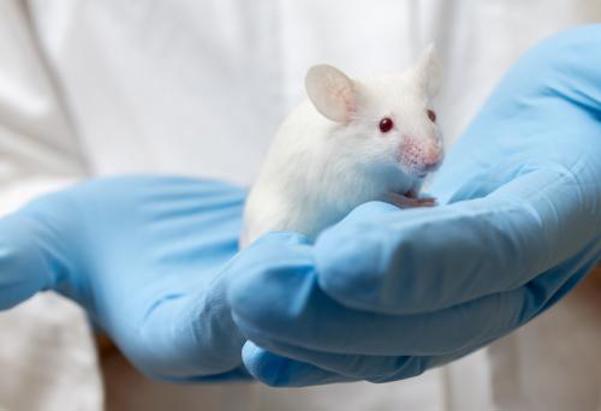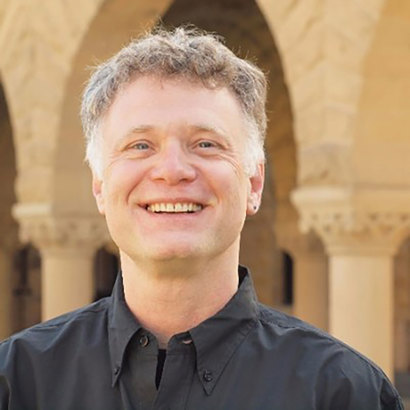
Can I do anything about this aging thing?
February 10, 2005

- Related Topics:
- Aging,
- Biotechnology,
- Futuristic science,
- Common questions
A curious adult from California asks:
“I just turned 50 and am starting to feel it. Can I do anything about this aging thing?”
I know just how you feel (although turning 50 is a lot better than the alternative ... ).
There’s a lot of research going on right now on aging, but most of it is focused on how to slow aging down, not reverse it.
Why do we age?
What do we know about aging? Well, there are 2 main theories about why we get old.
In one, we are programmed to age and die by a certain time. This makes some kind of sense when we think about, for example, mice and people.
Mice live a couple of years; we live 75 or so. Why is this? Some people believe the programming found in our genes is responsible.
In the second theory, we age because our DNA gets beat up by our environment over time. Important genes are damaged leading to aging. Eventually, we have too much damage and die.
Which theory is right? The real answer is probably a combination of the two.
Can we slow down aging?
Animal studies have shown some amazing things. For example, if mice eat less, they live longer. Up to 50% longer (equivalent to around 115 years old for a human). Of course, they had to eat 1/3 fewer calories than their shorter-lived friends.1
I should note that this hasn’t yet been shown to work on people. But how does it work in animals?
No one is sure but one idea is that less food means less oxidants. Oxidants are formed when our bodies turn food into energy. And these oxidants can damage DNA.
Unfortunately for us, energy is made in our mitochondria, which have DNA of their own. Because this DNA is so close to where oxidants are formed, it takes a real beating. With this theory, we get older because our mitochondrial DNA (mtDNA) gets damaged.

Studies that support the idea that we are programmed to age and die by a certain time have been done in a little worm called C. elegans. Scientists have been able to extend the lifetimes of these little guys by 600%. For a human, that would mean living to be around 500 years old or so.3
And even better, they don’t just live longer, they age more slowly! What I mean is that they don’t spend all those extra years in nursing homes.
If they were humans, a 210 year old would be like a 35 year old. How did the researchers make these worms live so long?
They did 2 things. First, they mutated a gene involved in insulin signaling. Next they removed the animal’s germline stem cells. What this did was make it so the worms made no sperm or eggs*.

What about in humans?
Will this work in people? Maybe. When the same insulin-signaling gene was mutated in mice, they lived 26% longer without any obvious side effects (at least in a lab setting). Not 600% but still, an extra 20 years or so for us if it works in people.
Of course, it is a lot trickier to make a gene go away in people. But what if we could shut off the protein that the gene makes? Would this do the same thing?
Remember, our genes are really just instructions for making proteins. These proteins then do most of the work that lets us breathe, see, think, etc.
So, if we can make the protein stop working, that’s like shutting off the gene. (Many medicines already work this way.) If we can shut off this insulin-signaling protein, then maybe we’ll live longer!
As you can tell, a combination of environmental abuse and genetic programming probably determine how gracefully we’ll age and how long we’ll last. In the meantime, eat well (but maybe not too much), get plenty of exercise and sleep and you’ll live longer and, perhaps, age more slowly.
*Apparently the increase in lifespan had nothing to do with making sperm or eggs. Instead, these cells seemed to release a hormone that contributes to aging. Without that hormone, the worms aged more slowly.

Author: Dr. Barry Starr
Barry served as The Tech Geneticist from 2002-2018. He founded Ask-a-Geneticist, answered thousands of questions submitted by people from all around the world, and oversaw and edited all articles published during his tenure. AAG is part of the Stanford at The Tech program, which brings Stanford scientists to The Tech to answer questions for this site, as well as to run science activities with visitors at The Tech Interactive in downtown San Jose.
 Skip Navigation
Skip Navigation
